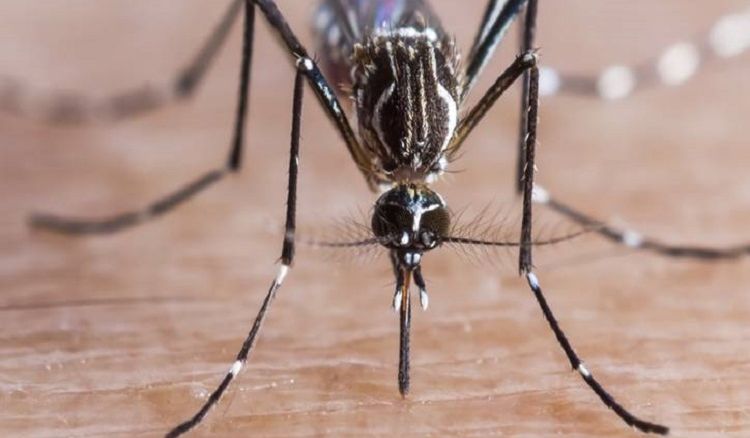The Zika virus, a mosquito-borne flavivirus, has gained global attention due to its rapid spread and potential health implications. Initially identified in Uganda in 1947, the virus has since caused significant outbreaks in various parts of the world, particularly in tropical and subtropical regions. Understanding Zika is crucial for preventing its transmission and managing its effects.
What is the Zika Virus?
Zika virus is primarily transmitted through the bite of an infected Aedes species mosquito, notably Aedes aegypti and Aedes albopictus. These mosquitoes are also responsible for spreading other viruses such as dengue, chikungunya, and yellow fever. The virus can also be transmitted from mother to fetus during pregnancy, through sexual contact, blood transfusion, and potentially organ transplants.
Symptoms of Zika Virus Infection
Most people infected with the Zika virus are asymptomatic, meaning they do not exhibit any symptoms. When symptoms do occur, they are generally mild and can last for several days to a week. Common symptoms include:
- Fever
- Rash
- Joint pain
- Conjunctivitis (red eyes)
- Muscle pain
- Headache
Complications of Zika Virus
Although the symptoms of Zika virus are typically mild, the virus poses significant risks, especially for pregnant women. The most alarming complication is the link between Zika virus infection during pregnancy and serious birth defects, including microcephaly, a condition where a baby is born with a smaller-than-normal head and brain damage. Other potential complications include:
- Guillain-Barré syndrome, a rare neurological disorder that can lead to muscle weakness and paralysis.
- Increased risk of other neurological and autoimmune conditions.
Diagnosis and Treatment
Diagnosis of Zika virus is primarily based on the patient’s symptoms, recent travel history, and potential exposure to infected mosquitoes. Laboratory tests can confirm the presence of Zika virus in blood or other body fluids.
There is no specific treatment for Zika virus infection. Management focuses on relieving symptoms through:
- Rest
- Hydration
- Pain and fever relief with medications such as acetaminophen (paracetamol)
- Avoiding aspirin and non-steroidal anti-inflammatory drugs (NSAIDs) until dengue can be ruled out to reduce the risk of bleeding.
Prevention of Zika Virus
Preventing Zika virus infection primarily involves avoiding mosquito bites and reducing mosquito breeding grounds. Key preventive measures include:
- Using Insect Repellent: Apply EPA-registered insect repellents on exposed skin.
- Wearing Protective Clothing: Wear long-sleeved shirts and long pants to minimize skin exposure.
- Using Mosquito Nets: Use bed nets if sleeping in areas without air conditioning or window screens.
- Preventing Sexual Transmission: Use condoms or abstain from sex with partners who have traveled to areas with Zika virus.
- Eliminating Standing Water: Remove or treat standing water in containers where mosquitoes can breed.
Travel Precautions
If you are traveling to an area where Zika virus is prevalent, take extra precautions to prevent mosquito bites. Pregnant women should avoid traveling to areas with Zika outbreaks due to the risk of birth defects.
Conclusion
The Zika virus, though often mild in its effects, can have severe consequences, particularly for pregnant women and their babies. Understanding how the virus spreads, recognizing its symptoms, and taking preventive measures are crucial steps in protecting yourself and your loved ones from this virus. Stay informed about the latest developments and advisories from health authorities to minimize the risk of infection.
For more information on Zika virus and other health-related topics, stay tuned to our blog and follow the guidance provided by public health officials.

No comments:
Post a Comment